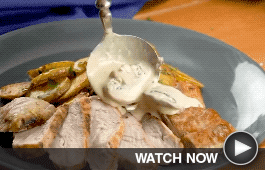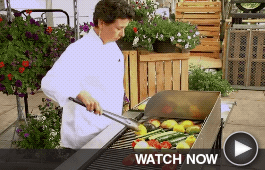
BZ Reminder Remember to download this to-do list app. It’s easy to use and flexible, and will help you stay better organized. Learn more… |
|

Property Brothers Home Design In this fun game, Drew and Jonathon Scott need you to help clients achieve their home design dreams. Learn more… |
|
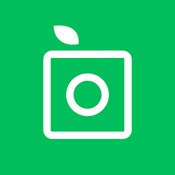
PlantSnap What is that? Snap a photo and this app will identify plants, flowers, succulents, and mushrooms in seconds. Learn more… |
|
|||
Featured Articles
COOKING DEMO
COOKING DEMO
CUSTOMER ALERT
CUSTOMER ALERT
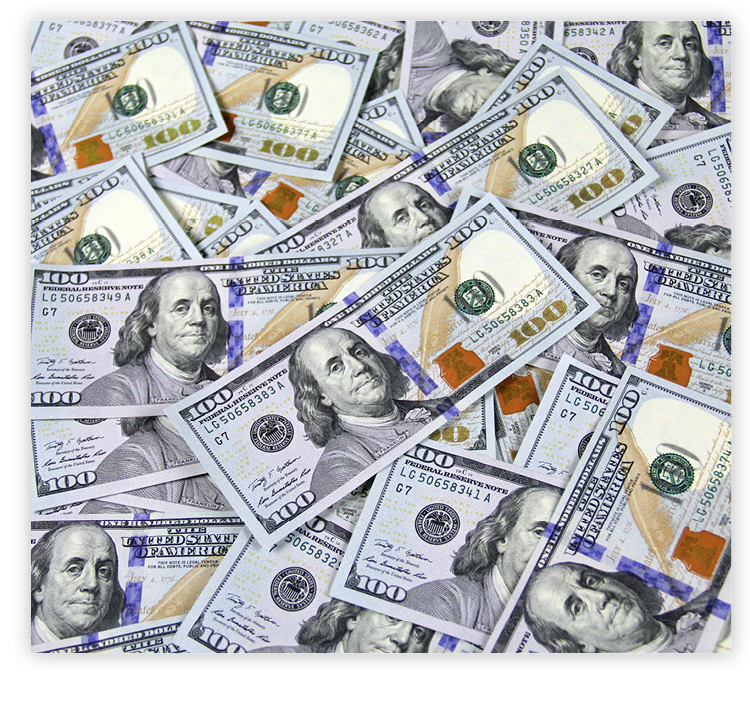 Who doesn’t dream of winning a lot of money or some other type of big prize? That’s why scammers still use the promise of a prize to try and steal your money or financial information.
Who doesn’t dream of winning a lot of money or some other type of big prize? That’s why scammers still use the promise of a prize to try and steal your money or financial information.
You may get a phone call, email, or letter with the “good news” about a prize. Here’s how to tell you’ve encountered a prize scam instead:
If you’re not sure about a contest or the company sending you a prize notification, search online to see if you find anything about them. Type the name of the contest or company into your search bar along with terms like “review,” “complaint,” or “scam.” The search results will tell the true story. |
|
|||
TUTORIAL/FAQ
TUTORIAL/FAQ
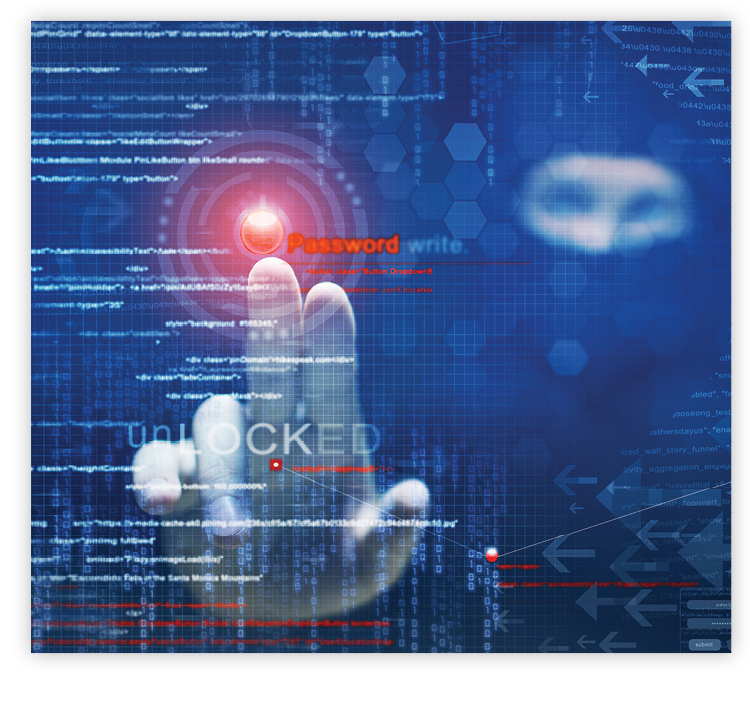 Question: I think my Facebook account was hacked. What should I do now?
Question: I think my Facebook account was hacked. What should I do now?
Answer: Unfortunately, this is a common problem. Your Facebook account may have been hacked if you notice unusual activities such as these:
You’ll also be able to review tools and tips to help keep your Facebook account safe in the future and learn how to protect yourself against malicious software that can potentially compromise your account. Note: If the email associated with your Facebook account has changed, you can reverse this. When an email is changed, Facebook sends a message to the previous email account with a special link. You can click this link to reverse the email change and secure your account. |
|
|||
SITES OF THE MONTH
SITES OF THE MONTH

Get Help Picking Movies Planning your weekend? Visit IMDb for ratings, reviews, and guides on where to watch the best movies and TV shows. Learn more… |
|
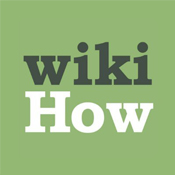
Trusted How-To Site With thousands of expert articles and videos, wikiHow can teach you how to solve all kinds of problems large and small. Learn more… |
|
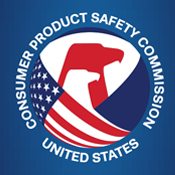
Never Miss a Recall Do you own any of the hazardous products on the Consumer Product Safety Commission’s recall list? Find out now. Learn more… |
|
|||
